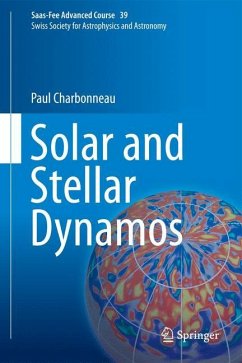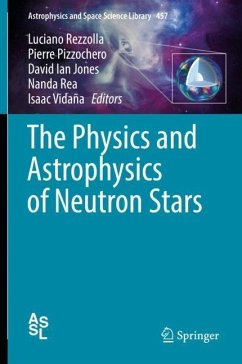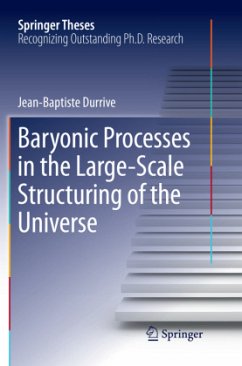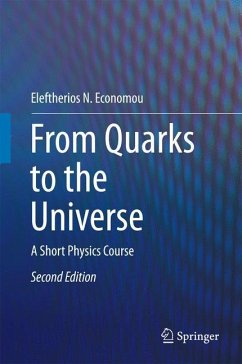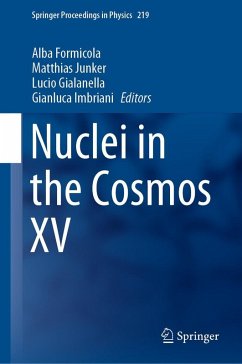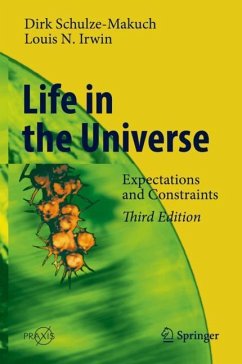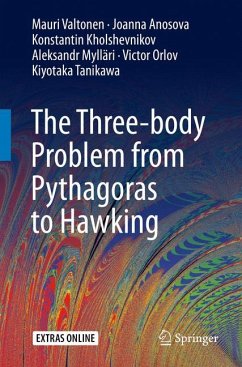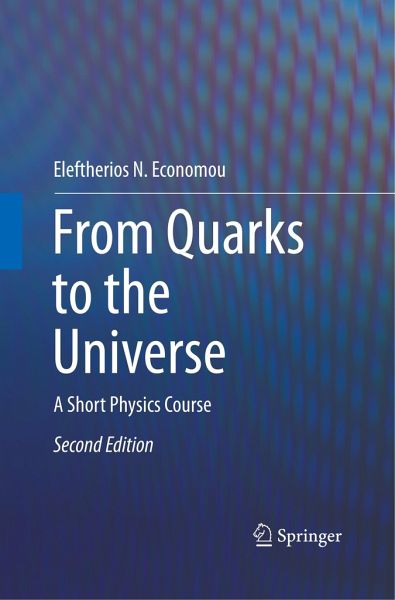
From Quarks to the Universe
A Short Physics Course
Versandkostenfrei!
Versandfertig in 6-10 Tagen
38,99 €
inkl. MwSt.
Weitere Ausgaben:

PAYBACK Punkte
19 °P sammeln!
This book takes the reader for a short journey over the structures of matter showing that their main properties can be obtained even at a quantitative level with a minimum background knowledge including, besides first year calculus and physics, the extensive use of dimensional analysis and the three cornerstones of science, namely the atomic idea, the wave-particle duality and the minimization of energy as the condition for equilibrium. Dimensional analysis employing the universal physical constants and combined with "a little imagination and thinking", to quote Feynman, allow an amazing short...
This book takes the reader for a short journey over the structures of matter showing that their main properties can be obtained even at a quantitative level with a minimum background knowledge including, besides first year calculus and physics, the extensive use of dimensional analysis and the three cornerstones of science, namely the atomic idea, the wave-particle duality and the minimization of energy as the condition for equilibrium. Dimensional analysis employing the universal physical constants and combined with "a little imagination and thinking", to quote Feynman, allow an amazing short-cut derivation of several quantitative results concerning the structures of matter. In the current 2nd edition, new material and more explanations with more detailed derivations were added to make the book more student-friendly. Many multiple-choice questions with the correct answers at the end of the book, solved and unsolved problems make the book also suitable as a textbook. This book is ofinterest to students of physics, engineering and other science and to researchers in physics, material science, chemistry and engineering who may find stimulating the alternative derivation of several real world results which sometimes seem to pop out the magician's hat.





